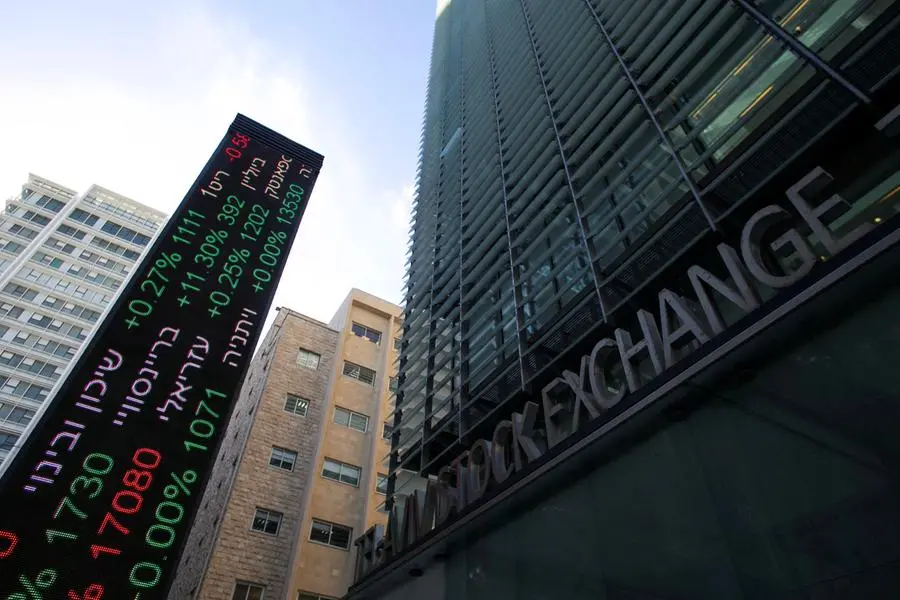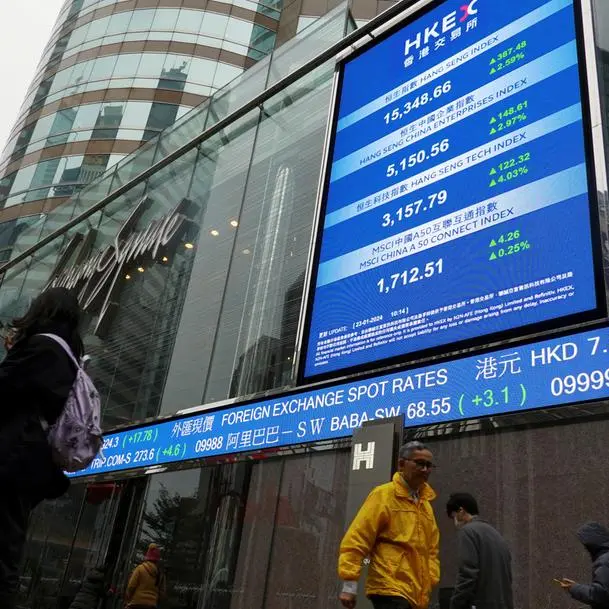PHOTO
A new regulatory regime is expected to open the Israeli market to more securitisations building on the completion of the country’s first ever public RMBS last summer.
A proposed law was published in the Official Gazette of the State of Israel last month after the Bank of Israel passed a memorandum about the funding tool in January. The new framework, which might be approved by parliament as soon as in the next few months, would make it easier for traditional banks, in addition to non-bank lenders, to market RMBS deals.
“Currently it’s a very limited market,” said Roy Nachimzon, a partner at Tel Aviv-based law firm Herzog Fox & Neeman, who worked on the RMBS from specialist lender Credito that priced in August. “Once there is a securitisation law, the banks will be the prime candidates – they have substantial portfolios – so I assume the market will develop quite quickly.”
According to S&P, five major banking groups represent 95% of the Israeli financial market by assets, and are estimated to have a similarly dominant share of the residential mortgage market.
Until last year, there had been securitisations, but only in private. “The securitisation market has existed for many years primarily via bilateral deals,” said Jason Smilovitz, an Israel-based independent alternative credit specialist.
The Credito issuance, through a special purpose vehicle called Credito IPOS, was backed by a NIS549m (US$142m) pool of first-ranking loans granted to Israeli individuals secured by residential properties in Israel, according to a rating report from S&P Maalot. The offering’s senior notes are rated Triple A on the agency's local credit scale. “There was a lot of market appetite for this deal,” said Alejandro Marcilla, an analyst at S&P who worked on the rating for the deal, which was oversubscribed.
Despite the absence of a regulatory framework for public deals, the Credito offering could still be carried out based on a directive from Israel’s Securities Authority, said Nachimzon. “The law will make it a much more structured process,” he said.
Smilovitz agreed that the new legal setup was poised to create favourable conditions for more dealmaking. “Once the securitisation law is passed then you have a market that is standardised under a formal regulatory framework that everybody can follow,” he said.
But there are caveats. “We believe there are some barriers for international investors coming into the market,” said Marcilla. Aside from the conflict with Hamas, such obstacles include for instance currency risk and language barriers for documents, such as deal prospectuses, said Marcilla, who explained the market is likely to mainly appeal to domestic investors in the short-term.
Israel's housing market has proved resilient and has not experienced any major price bubbles in the past three decades, according to S&P, but the ratings agency has lowered its sovereign rating on the country to A with a negative outlook from AA– with a stable outlook since the beginning of the conflict with Hamas in October 2023.
In terms of products that could be marketed via securitisations, while first-lien mortgages are the most popular product in Israel, second-lien mortgage-backed deals could eventually emerge, alongside ABS transactions at a later stage, said Marcilla.
“It’s an incipient market, and like all new markets, it faces challenges as it establishes itself”, said Isabel Plaza, a director at S&P.
Source: IFR





















